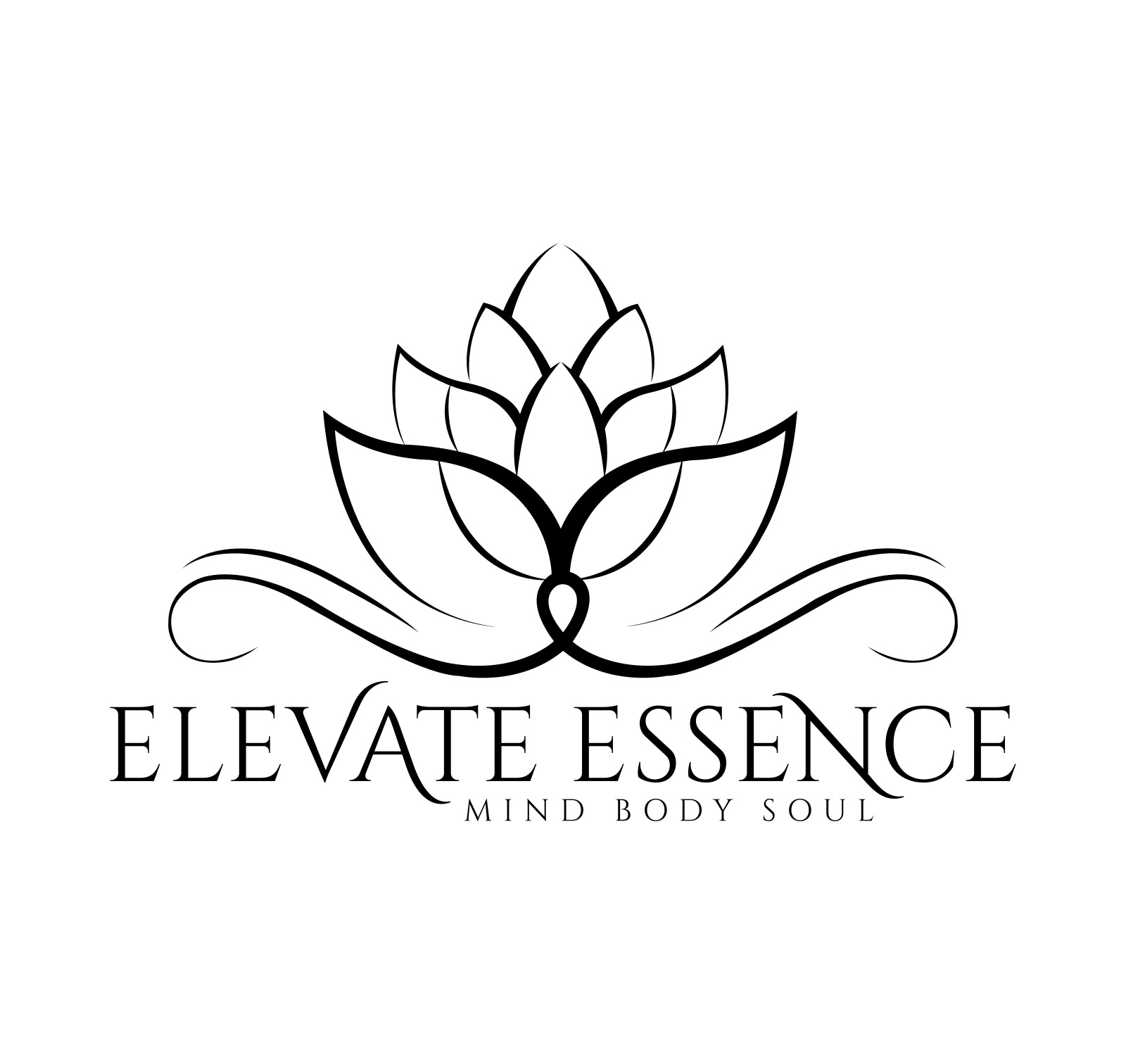What Is Healing Therapy?
- elevateessence

- Jan 10, 2024
- 3 min read

Article Outline
Table: Article Outline
Introduction to Healing Therapy
Definition and overview
Ancient practices
Evolution over time
Physical therapies
Emotional and mental therapies
Spiritual therapies
Research and evidence
Psychological and physiological effects
Physical benefits
Mental health benefits
Spiritual growth
Traditional methods
Modern techniques
Case studies
Personal experiences
Target groups
Accessibility and inclusivity
Practical tips
Long-term strategies
Common challenges
Debunking myths
Similarities and differences
Choosing the right therapy
Trends and predictions
Potential developments
Criteria for selection
Resources and networks
Regulations
Ethical practices
Summary of key points
Final thoughts
What Is Healing Therapy?
1. Introduction to Healing Therapy
Healing therapy, in its essence, is a broad term that encompasses a variety of practices aimed at enhancing physical, mental, and spiritual well-being. This ancient art form, rooted in various cultural traditions, has evolved significantly over the years, adapting to contemporary needs while retaining its core principles.
2. Historical Background of Healing Therapy
The roots of healing therapy can be traced back to ancient civilizations, where it was intertwined with religious and spiritual practices. Over time, these therapies have been influenced by scientific discoveries, adapting and growing in sophistication.
3. Types of Healing Therapy
Healing therapy can be divided into three main categories: physical, emotional/mental, and spiritual. Each category employs different techniques and methods, addressing specific aspects of well-being.
4. The Science Behind Healing Therapy
Recent studies have begun to shed light on the efficacy of various healing therapies. These therapies have been shown to have tangible psychological and physiological effects, affirming their validity in the scientific community.
5. Benefits of Healing Therapy
The benefits of healing therapy are manifold, ranging from improved physical health to enhanced mental clarity and spiritual growth. These therapies offer holistic benefits, addressing the needs of the whole person.
6. Methods and Techniques in Healing Therapy
Healing therapy includes a range of traditional methods and modern techniques. From acupuncture and massage to meditation and energy healing, the spectrum is vast and diverse.
7. Healing Therapy in Practice
Case studies and personal experiences highlight the practical applications and outcomes of healing therapy. These real-life examples offer insights into the transformative power of these practices.
8. Who Can Benefit from Healing Therapy?
Healing therapy is inclusive and can be beneficial for various groups, regardless of age, gender, or health status. Its accessibility makes it a viable option for a wide range of individuals.
9. Integrating Healing Therapy into Daily Life
Incorporating healing therapy into everyday life can be a game-changer. Practical tips and long-term strategies can help individuals harness the benefits of these therapies in their daily routines.
10. Challenges and Misconceptions
Despite its benefits, healing therapy faces challenges and misconceptions. Addressing these head-on helps in demystifying these practices and making them more accessible to the general public.
11. Comparative Analysis with Other Therapies
Comparing healing therapy with other forms of therapy reveals unique benefits and considerations, aiding individuals in choosing the therapy that best suits their needs.
12. Future of Healing Therapy
The future of healing therapy looks promising, with ongoing research and potential developments paving the way for more advanced and effective practices.
13. Finding the Right Practitioner
Selecting the right practitioner is crucial in healing therapy. Criteria for selection and resources for finding qualified practitioners are essential for a positive experience.
14. Legal and Ethical Considerations
Understanding the legal and ethical aspects of healing therapy ensures that practices are conducted responsibly and ethically, safeguarding the interests of both practitioners and clients.

🌟 Unlock Healing Energy from Anywhere! 🌟
Experience the transformative power of Reiki without leaving your home. 🏡
🌈 Are you seeking balance, relaxation, and rejuvenation? 💫 Ready to release stress and align your mind, body, and spirit? 🌿 Explore the healing wonders of virtual Reiki sessions with us!
✨ Why Choose Virtual Reiki with Us? ✨
🌟 Certified Reiki Masters: Our experienced practitioners will guide you through the session with care and expertise.
🌟 Personalized Healing: Tailored sessions to address your unique needs and intentions.
🌟 Remote Comfort: Enjoy the tranquility of Reiki from your sacred space.
🌟 Convenient Scheduling: Flexible appointments to fit your busy life.
🌟 Energy Flow Anywhere: Join us from anywhere in the world!
🌠 Take the first step towards holistic healing today. 🌠
📞 Contact us now to schedule your virtual Reiki session and embark on a journey to renewed well-being. Your energy, your time, your healing.
➡️ Let's Connect info@elevateessence.com
🌐 Learn more about our virtual Reiki sessions: info@elevateessence.com
✉️ Questions? Reach out to info@elevateessence.com
🕊️ Embrace the power of healing energy. Your transformation awaits!
15. Conclusion
Healing therapy offers a holistic approach to well-being, addressing physical, mental, and spiritual health. Its rich history, diverse techniques, and inclusive nature make it a valuable tool for anyone seeking holistic health and wellness.




Comments